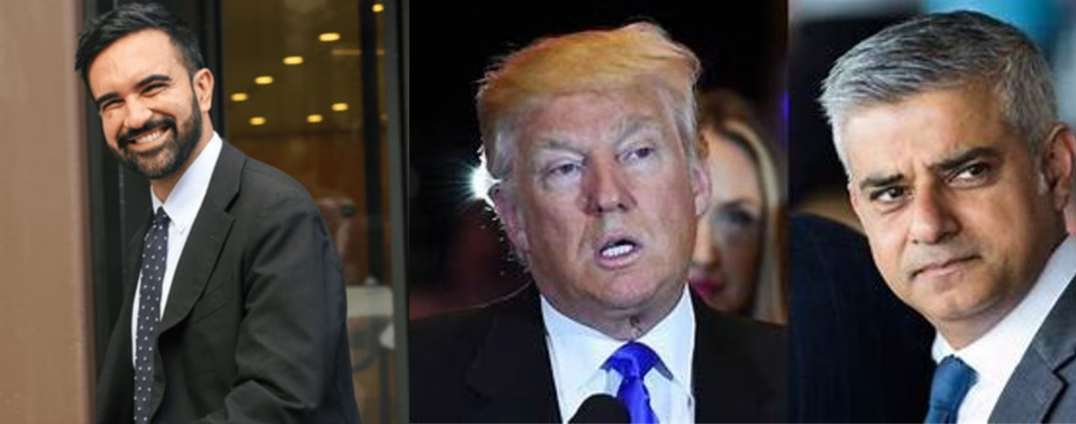By Jane Lewis & Ben Emos | Monday, September 22, 2025 | 6 min read
The question sounds far-fetched at first. After all, Jimmy Kimmel is not some fringe creator on YouTube hustling for attention in a crowded space. He’s one of the most recognizable late-night hosts in America, a comedian with decades of mainstream television experience, and a voice that frequently cuts through the noise with both humor and sharp criticism. On YouTube, Kimmel’s official channel has grown into a massive platform of its own, boasting more than 20 million subscribers who regularly consume his monologues, sketches, and interviews.
For Google, which owns YouTube, that kind of audience is not just numbers—it’s money, relevance, and a cultural footprint that few entertainers can claim. Yet in a political climate where the lines between business decisions and political pressure often blur, the possibility of someone like Kimmel being pushed off YouTube is not completely out of the realm of imagination.
Google’s track record in recent years has raised eyebrows. The company has occasionally taken down channels or videos under questionable pretenses, citing policy violations that later turn out to be flimsy or outright mistaken. Some creators have even reported their work flagged for alleged “terrorist content,” only for the takedowns to be reversed after a legal threat or further review. These incidents, though not directly tied to figures like Kimmel, create an atmosphere of mistrust. This makes people wonder whether YouTube’s rules are applied fairly or if they can be bent, depending on who is applying the pressure behind the scenes.
At the same time, speculation about Google’s size and influence continues to swirl. Antitrust conversations have been brewing for years, with critics arguing the company has grown too dominant in search, video, and advertising. Breaking it up has become a recurring talking point among regulators and politicians. That’s where the role of political power becomes particularly relevant. When an administration holds sway over agencies like the FCC or FTC, the leverage they have over tech giants is immense. And when that administration is led by Donald Trump, the relationship with figures like Jimmy Kimmel—who has been a frequent critic and comic tormentor of the former president—becomes even more complicated.
Kimmel has never hidden his disdain for Trump. His monologues often turned into viral moments precisely because they combined biting humor with genuine moral outrage, whether on immigration, healthcare, or Trump’s own controversies. Trump, for his part, is known for holding grudges against entertainers and media figures who mock him, often responding publicly with derision or pushing allies to retaliate in subtler ways. That raises the question: if Trump were in a position to exert influence over regulators again, could Google feel pressure to fall in line?
The idea of Google caving to Trump in this way paints a picture almost out of a mafia drama. The suggestion is not that the company would find a legitimate reason to remove Kimmel’s channel but that it might look for a technicality, a policy violation stretched to fit the occasion, something that could be dressed up as impartial enforcement while being driven by political pressure. That is precisely what critics fear when they see platforms act inconsistently. Once there’s a precedent of stretching the rules to fit a political or business need, trust in the platform begins to erode.
For viewers, the notion of Jimmy Kimmel being expelled from YouTube would feel absurd. Millions tune in not only for the comedy but also for the cultural commentary his show represents. Removing him would not only be a financial blow to YouTube—it would be an admission that the platform is vulnerable to external forces that undermine its credibility. YouTube has always positioned itself as a marketplace of voices, from the biggest celebrities to the smallest independent creators. Silencing one of its most visible personalities because of politics would strike at the heart of that identity.
But it’s also true that we live in an era where the unthinkable sometimes becomes reality. When TV networks like ABC or CBS face backlash, they sometimes choose to sideline talent, whether temporarily or permanently, to appease political winds or avoid controversy. The possibility of YouTube following suit is not impossible, especially if the stakes of regulatory action against Google were heightened. For a corporation, self-preservation often outweighs principle. If the choice ever came down to risking billions in fines, lawsuits, or a forced breakup versus quietly showing the door to one entertainer, some executives might not hesitate.
That’s what makes this hypothetical so unsettling. It speaks to the fragile relationship between big tech platforms, political power, and freedom of expression. Jimmy Kimmel’s 20 million subscribers are not just numbers on a screen—they represent millions of people who value his perspective, even if they don’t always agree with him. Taking him off YouTube would not just be about silencing one man, it would be about disregarding the audience that made him a force on the platform.
Ultimately, whether Google would ever actually go down this road is uncertain. The company knows the backlash would be immense, not just from Kimmel’s fans but from anyone worried about censorship creeping into the digital space. Yet the question remains worth asking, because it forces us to think about how vulnerable even the most powerful voices can be when corporate interests and political power intersect. And it reminds us that in today’s media landscape, no one, not even a late-night host with 20 million subscribers, is untouchable.
ABC Removes Kimmel From Late-Night Lineup; No Response From The View
Fedlan News Breaks Story on Nexstar–Tegna Deal and Its Unexpected Tie to Jimmy Kimmel’s ABC Exit
Inside the $6.2B Nexstar–Tegna Merger and How It Led to Jimmy Kimmel’s Ouster from ABC
Julia Roberts Shares How Martin Luther King Jr. and Coretta King Paid Her Birth Hospital Bill
UN Probe Concludes Netanyahu and Israeli Leaders Incited Deadly Genocide in Gaza






